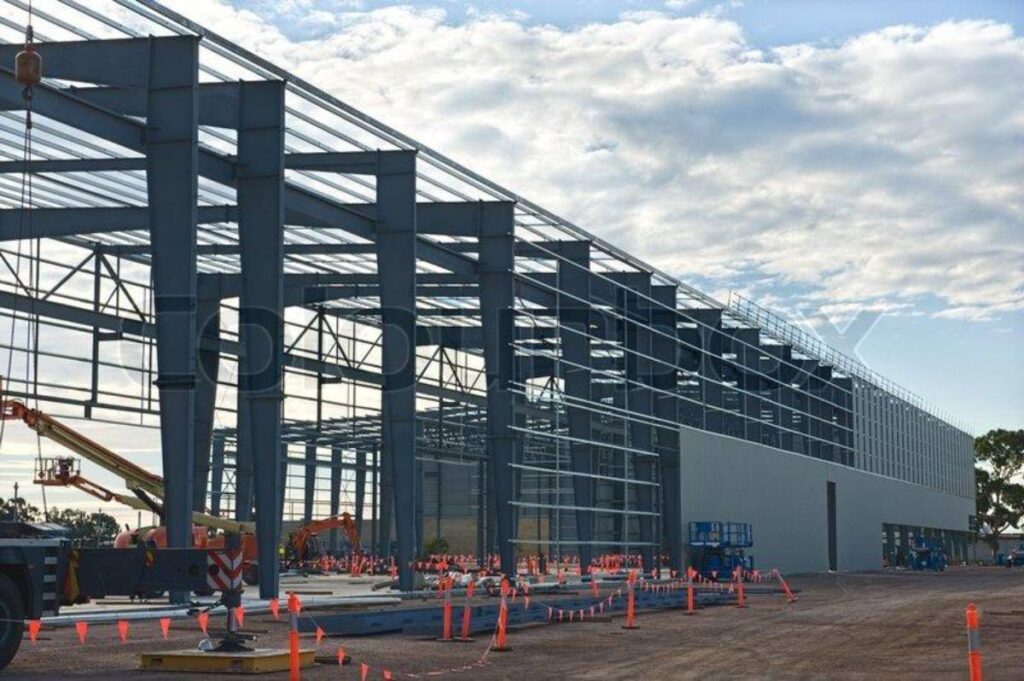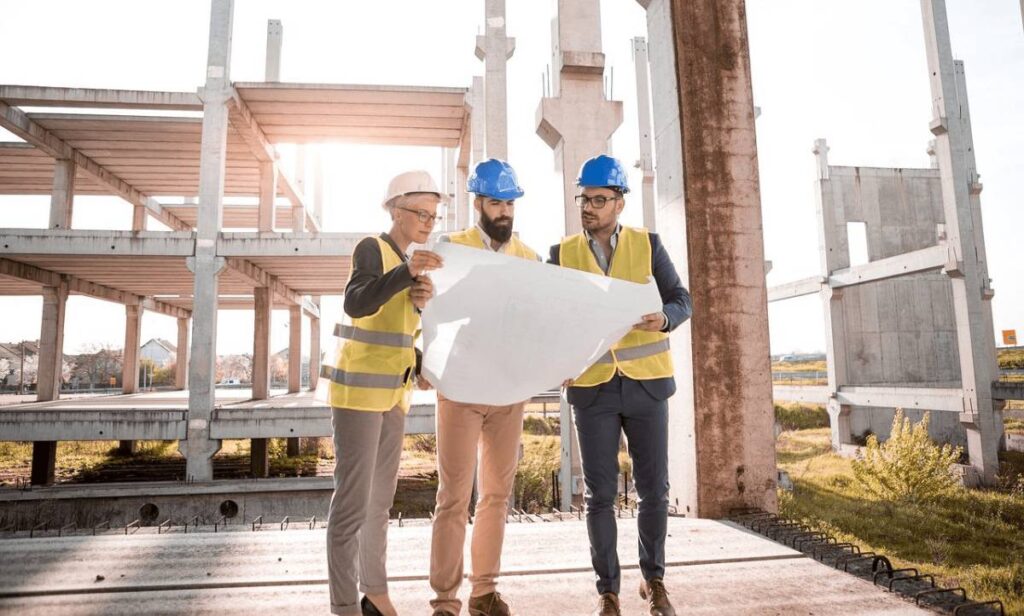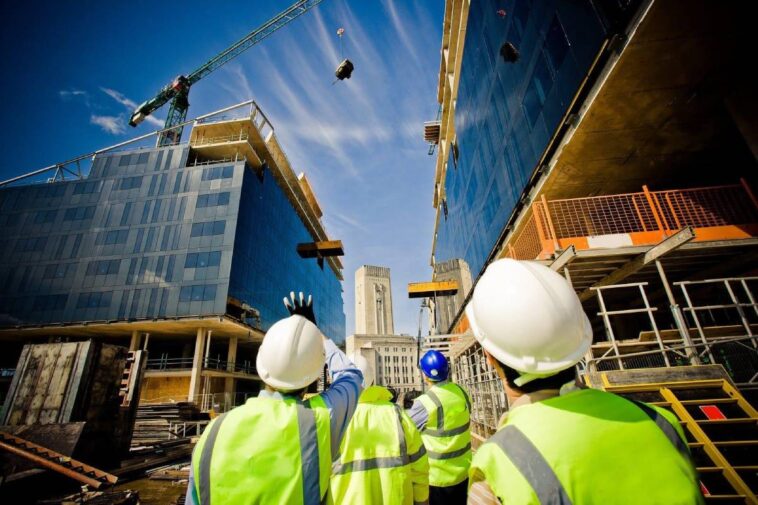The construction industry is a vast and multifaceted sector that encompasses a wide range of projects, each with its own set of characteristics, requirements, and challenges. From the homes we live in to the offices where we work, the roads we travel on, and the facilities where we seek education or healthcare, construction projects shape our everyday lives and environments. This article delves into the different types of construction projects, highlighting residential, commercial, industrial, institutional, infrastructure, and environmental projects. We aim to provide a professional, engaging, and informative overview that elucidates the diversity within the construction industry.
Residential Construction Projects
Residential construction projects are perhaps the most familiar to the general public. These projects include the construction of houses, apartments, condos, and other dwellings where people live. Residential construction can range from single-family homes to large-scale housing developments. The focus of these projects is on creating safe, comfortable, and aesthetically pleasing living spaces. They often involve architects, builders, and developers working closely with future homeowners to customize homes according to specific needs and preferences. One aspect of managing these projects efficiently involves the use of dumpster rentals services in Ronkonkoma, NY, which helps in handling waste and debris removal, ensuring sites remain clean and safe.
Challenges in residential construction include adhering to local building codes, managing costs within budgets, and ensuring timely completion to meet occupancy dates. Additionally, sustainability and energy efficiency have become increasingly important, pushing the industry towards green building practices and materials.
Commercial Construction Projects
Commercial construction projects encompass buildings and facilities intended for business purposes. This category includes retail stores, malls, office buildings, warehouses, and hotels. Unlike residential projects, commercial construction often involves a larger scale and complexity due to the need for specialized facilities, such as conference rooms, large parking spaces, and sophisticated security systems.
These projects require significant planning and coordination, dealing with zoning laws, building codes, and the specific needs of commercial tenants. The focus is on functionality, durability, and the ability to accommodate changes in occupancy and usage. Innovation in materials and construction methods is common, aiming to reduce costs, enhance energy efficiency, and minimize environmental impact.
Industrial Construction Projects

Industrial construction is specialized and highly technical, involving the construction of facilities where goods are manufactured or processed, including factories, power plants, and refineries. These projects are characterized by their scale, complexity, and the integration of sophisticated machinery and technology.
Safety, efficiency, and environmental compliance are paramount in industrial construction. Projects must adhere to strict regulations and standards to ensure the safety of workers and minimize the impact on the environment. This sector requires collaboration among engineers, architects, and construction professionals to design and build facilities that meet the specific operational requirements of the industry.
Institutional Construction Projects
Institutional construction projects refer to the building of facilities that serve public or societal needs, such as schools, hospitals, government buildings, and cultural institutions. These projects are often funded by public investments and are designed to provide long-term services to the community.
Such projects require careful consideration of accessibility, safety, and functionality. They must meet rigorous standards and regulations to ensure they can safely accommodate the needs of diverse populations. Additionally, these projects often involve stakeholders from various sectors, including government agencies, educational institutions, and healthcare organizations, necessitating effective communication and coordination.
Infrastructure Construction Projects
Infrastructure construction is critical for supporting the economic and social functions of communities and countries. This category includes the construction and maintenance of roads, bridges, railways, airports, water supply systems, and sewage treatment facilities. These projects are large in scale and scope, requiring substantial investment and long-term planning.
Infrastructure projects are characterized by their focus on durability, resilience, and functionality. They must withstand natural and human-made challenges, such as climate change, increasing urbanization, and technological advancements. Collaboration among governments, engineers, and construction firms is essential to address these challenges, ensuring infrastructure meets current needs and future demands.
Environmental Construction Projects
Environmental construction projects aim to protect, restore, or enhance the natural environment. This includes the construction of green buildings, renewable energy facilities, and infrastructure for waste management and water treatment. These projects prioritize sustainability, aiming to minimize the environmental footprint of construction and promote the conservation of resources.
Challenges in environmental construction involve integrating sustainable practices into every stage of the project, from planning and design to construction and operation. This requires
innovative approaches and technologies, as well as collaboration among construction professionals, environmental scientists, and regulatory agencies to ensure projects contribute positively to environmental goals.
What to Consider When Choosing a Construction Project
Embarking on a construction project, whether it’s your first time or you’re a seasoned developer, requires careful consideration and planning. The success of your project hinges on numerous factors, all of which demand your attention from the outset. Below, we outline essential aspects to keep in mind when selecting a construction project, aiming to guide you through the decision-making process and ensure a smoother execution.
The Project’s Scope

Understanding the scope of your project is foundational. Assessing how big or small the project is and estimating the time frame for its completion are crucial steps. The scope encompasses everything from the initial design to the final touches, influencing the budget, required resources, and the selection of contractors. A clear definition of the scope helps in setting realistic goals and expectations.
The Location of the Project
The project’s location plays a significant role in its execution and final outcome. Whether situated in a rural or urban area, the location affects access to the site, availability of materials, and labor. Urban projects may face challenges like limited space and noise restrictions, while rural projects might grapple with accessibility and utility connections. Consider the location’s impact on logistics and planning.
The Type of Project
Differentiating the type of construction project is fundamental. Whether it’s a residential, commercial, industrial, institutional, infrastructure, or environmental project, each comes with its unique set of requirements, challenges, and regulations. The project type influences the design considerations, materials needed, and the expertise of the contractors involved.
The Budget for the Project

A clearly defined budget is essential for the viability of any construction project. It’s important to allocate funds not just for materials and labor but also for unforeseen expenses that may arise. A well-planned budget ensures that the project can proceed without financial hitches, allowing for a smoother flow from start to finish.
The Permits for the Project
Navigating the permits required for a construction project can be complex. Understanding what permits are needed whether it be building, environmental, zoning, or special permits from city or county authorities, is vital before the project commences. Early identification and acquisition of the necessary permits can prevent delays and legal issues.
Working with Experienced Contractors

The expertise of the contractors you choose can make or break your project. Especially in commercial construction, experience matters immensely. Opt for contractors with a solid track record of completing similar projects. Verify their references to ensure they meet your standards for quality and reliability. A contractor’s ability to deliver on promises without cutting corners is indispensable.
Getting Everything in Writing
Once you’ve selected a contractor, formalizing the agreement in writing is paramount. Document the scope of work, schedule, payment terms, and any other critical aspects of the project. A detailed contract eliminates ambiguities and serves as a reference point for both parties, helping to avoid misunderstandings and disputes throughout the project lifecycle.
Conclusion
The construction industry’s diversity reflects the complexity and dynamism of our modern world. Each type of construction project serves a distinct purpose, from providing homes and workplaces to facilitating commerce, manufacturing, education, healthcare, and the movement of goods and people. Moreover, the growing emphasis on sustainability across all types of projects underscores the industry’s role in addressing environmental challenges. Understanding the nuances of these different projects is essential for professionals within the construction sector and for those outside of it to appreciate the scope and importance of the work involved in shaping our built environment. This overview serves as a testament to the industry’s adaptability, innovation, and critical role in societal development.

